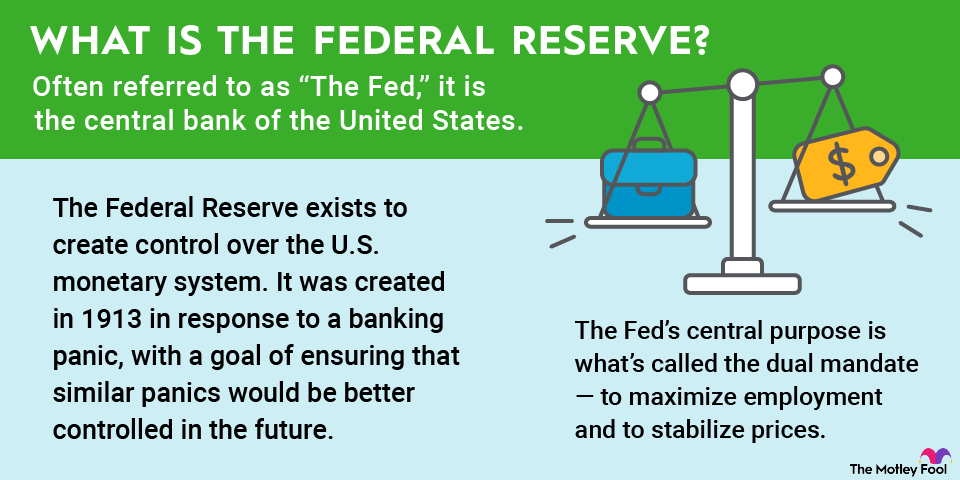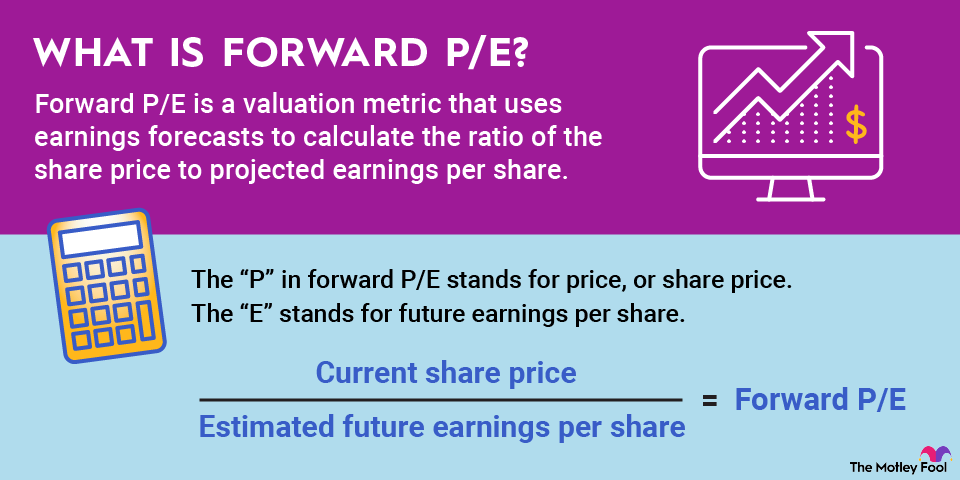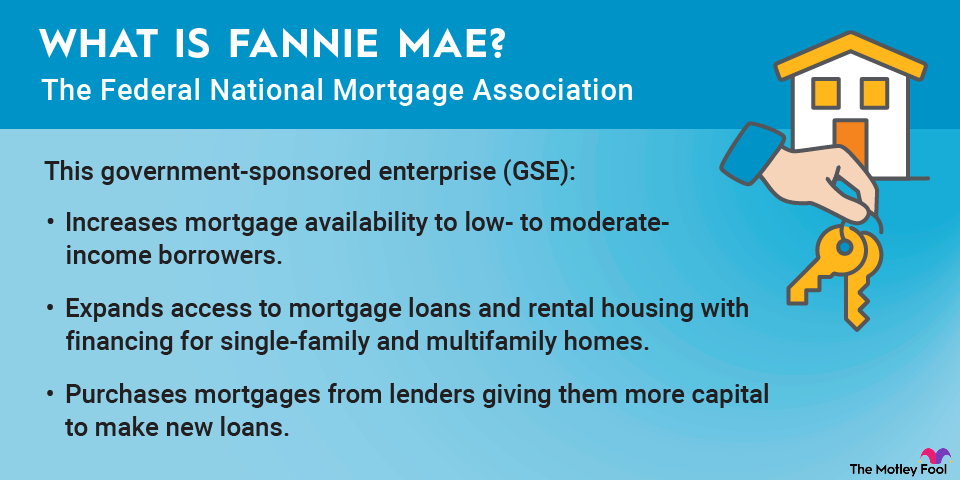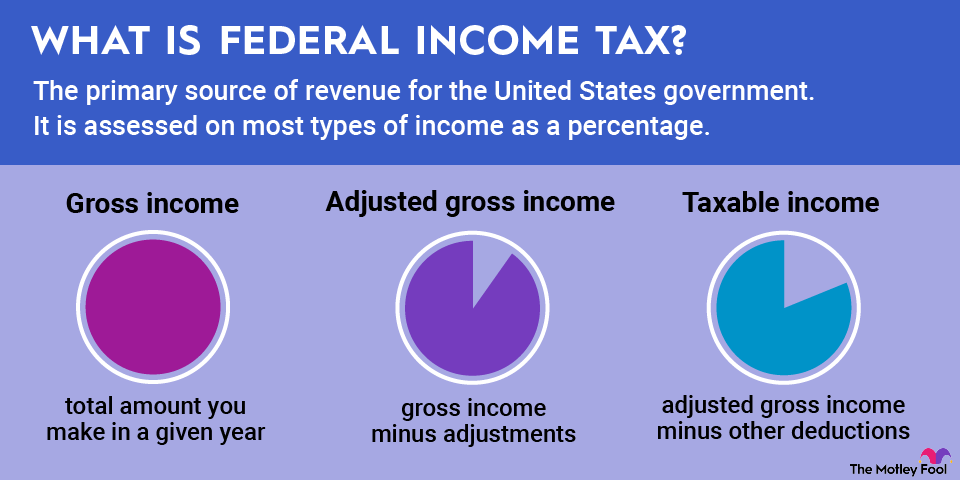If you’re new to investing, you probably are meeting with a lot of definitions that might not mean a whole lot at first glance. Take “financial institution,” for example. It’s easy to assume this is any company that offers financial services, or just a fancy way of saying “bank.” But a financial institution is a clearly defined entity, and this matters for your financial future.

What is a financial institution?
By law, a financial institution is a person or entity that participates in one of several regulated activities. These include:
- Banks, excluding bank credit card systems
- Brokers or dealers in securities
- Money services businesses
- Telegraph companies
- Casinos
- Card clubs
For most investors, the financial institutions you’ll most likely be dealing with will be banks, credit unions, mortgage lenders, brokerage firms, and insurance companies. Cryptocurrency exchanges are sometimes also treated as financial institutions, but their functions within the financial system is still uncertain, since different agencies classify cryptocurrency differently.
Why do financial institutions matter?
Because capitalism is built on the proper functioning of capital markets, regulated financial institutions ensure that regular people aren’t being taken advantage of, and that the capital markets aren’t being abused. Financial institutions in turn help people and companies direct capital to the places where it’s most needed in a highly efficient way.
For example, most people know their bank deposits are often loaned to other customers. This is one way that banks put the deposits to work, rather than leaving the money to gather dust. Of course, this can be risky, which is why federally chartered banks also insure your deposits through the Federal Deposit Insurance Corp (FDIC).
As a regulated financial institution, your bank can then lend money to a building developer working on a large apartment complex, and you can earn interest for your part in the transaction. The area gets a bunch of new residential housing, you get extra cash, and everybody’s happy.
Regulating financial institutions
In the United States, financial institutions are carefully regulated and have significant oversight because hiccups in their operations can significantly damage the overall economy. Before regulation, panicked depositors who demanded their money be withdrawn en masse, for example, could easily destroy a financial institution.
Laws were passed to ensure that all depositors were protected against these “runs” on the bank. This also applies to other institutions, like mortgage lenders, insurance companies, credit unions, stock brokers, and others. Some policies are designed to protect large financial institutions from collapsing during a significant economic downturn, like the financial crisis in 2008 that resulted in mass foreclosures.
Some people may criticize the concept of “too big to fail,” which essentially means that a financial institution (or other massive entity) is so large that if it were allowed to fail, it would drag the entire economy down with it. But these policies also protect depositors from losing deposits and guaranteed investments they made in good faith, with an expectation that their money would be safe.
Related investing topics
The Wall Street Crash of 1929: A pre-regulatory nightmare
Although it happened almost 100 years ago, the Wall Street Crash of 1929, which subsequently helped usher in the Great Depression, was largely caused by a lack of financial institution regulation and oversight. Because there wasn’t necessarily a separation between the different types of financial institutions (especially commercial and investment banks), a lot of risky things were happening behind the scenes.
Billions of dollars were lost during this terrifying time for investors, and speculation with borrowed money was rampant. Average Americans were buying stocks on margin, creating a problem that quickly exploded out of control when the once-unstoppable stock market began to slow, and then reverse direction.
Banks were dragged down along with individual investors, since their investment products were often leveraged stock-based offerings. The lack of regulation scarred the global economy for a decade and a generation for life.


















